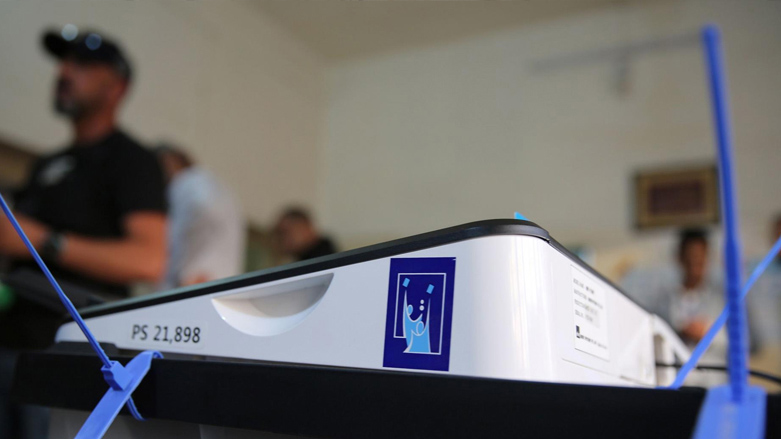Iraq's electoral commission chief defends vote results

ERBIL (Kurdistan 24) – The Independent High Electoral Commission (IHEC) declared on Monday that the cancellation of the votes in the May 12 national election cast by Iraqis living abroad and internally displaced, a plan suggested by an incomplete gathering in Iraq's parliament, is not possible.
“They are allowed to vote because the Electoral Law gives them the right,” IHEC head Riyadh al-Badran said in an interview with Iraqi official state channel al-Iraqiya, regarding the discounting of the votes, stating that such a measure “can’t be undertaken.”
Nearly four million Iraqis, mostly Sunnis, were displaced when the Islamic State emerged in northern Iraq in mid-2014.
The statement came after a meeting by members of the Iraqi parliament passed a resolution, seemingly non-binding since there were not enough MPs present to achieve a quorum, to cancel portions of the contested recent national elections and demand a manual recount in others.
In a statement released on the parliament's official website, among the measures included in the resolution were the cancellation of votes cast by Iraqis living abroad and also of those living in camps, displaced from the provinces of Anbar, Salahadin, Nineveh, and Diyala.
Also, outlined the resolution, at least 10 percent of the ballot boxes from all voting stations should be manually recounted, and if a disparity of 25 percent or more is shown between that and the tally of electronic voting machines used in the election, a complete manual count should be ordered.
The participating lawmakers alleged fraud, distortion of facts, and negligence, pointing to these as the factors that led to the meeting.
Badran told al-Iraqiya that the allegations were mostly “false” and assured that the May 12 elections were "lawful, though not as ideal as those in Europe, but up to standard."
Regarding the protests of the results in the Kirkuk province, where the Kurdish party Patriotic Union of Kurdistan came in first, Badran said they were realistic, pointing to their six seats as compared to the eight they had won in the 2014 election.
Officials from parties that came out at the top of the election called upon IHEC to stand firm against pressures from what they called the “losing coalitions.”
Editing by John J. Catherine
